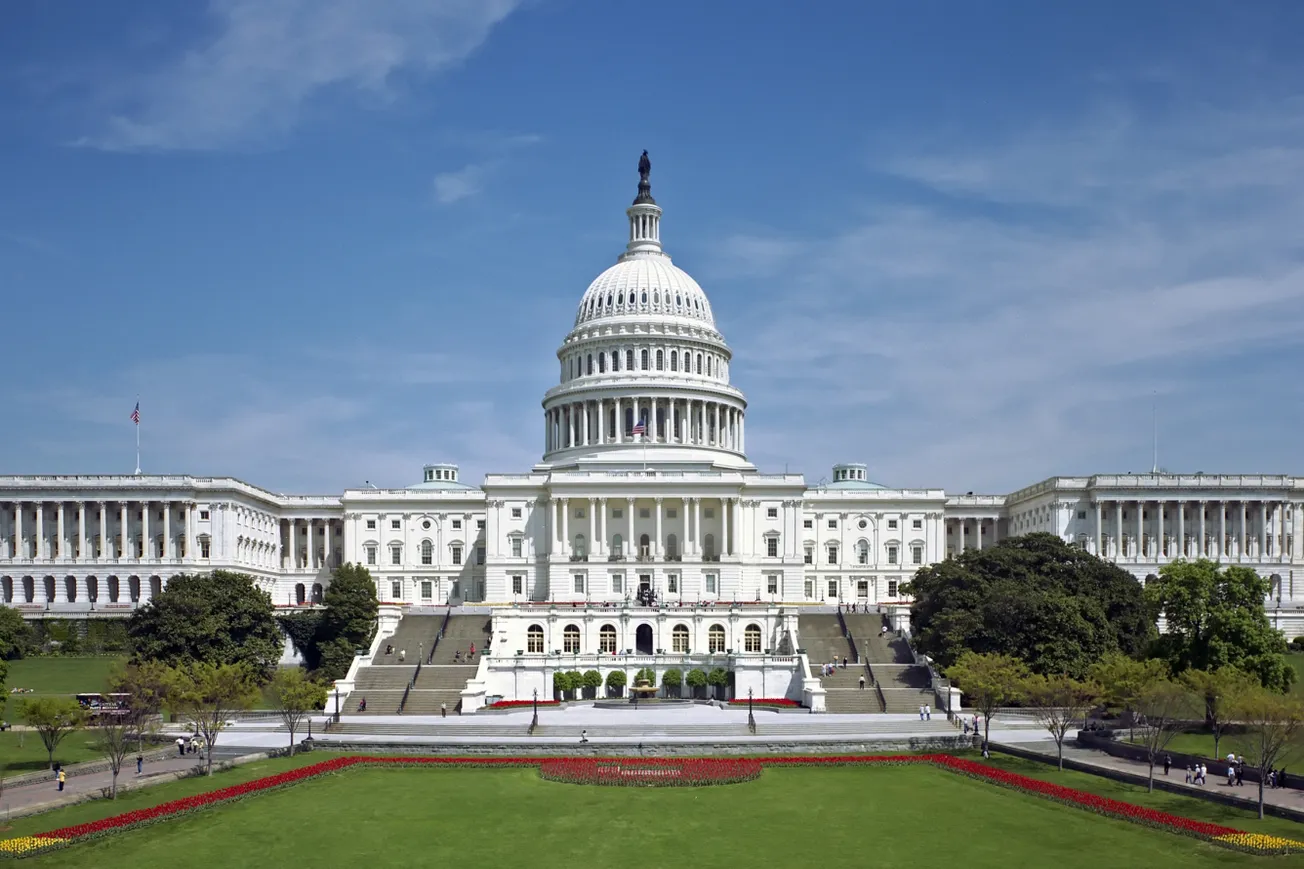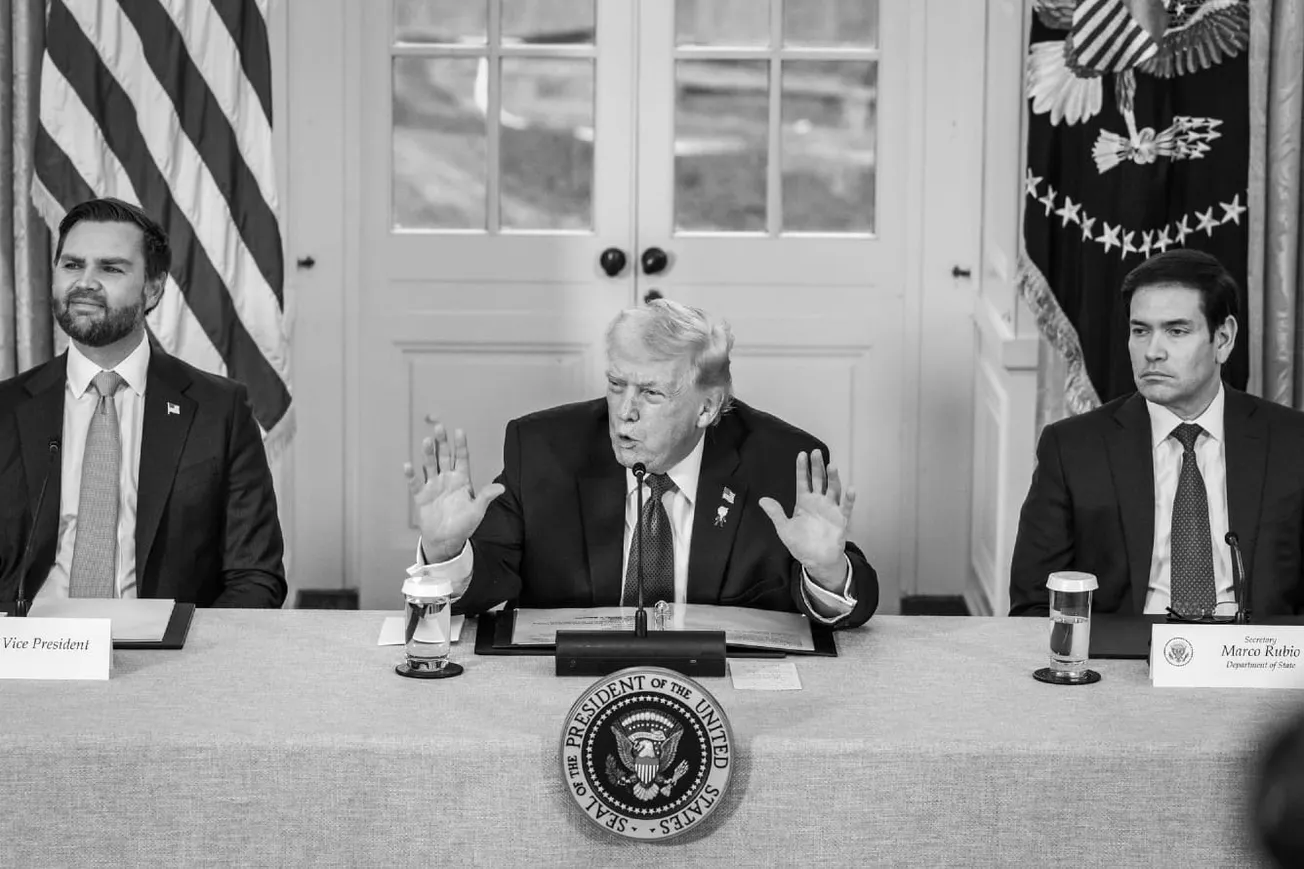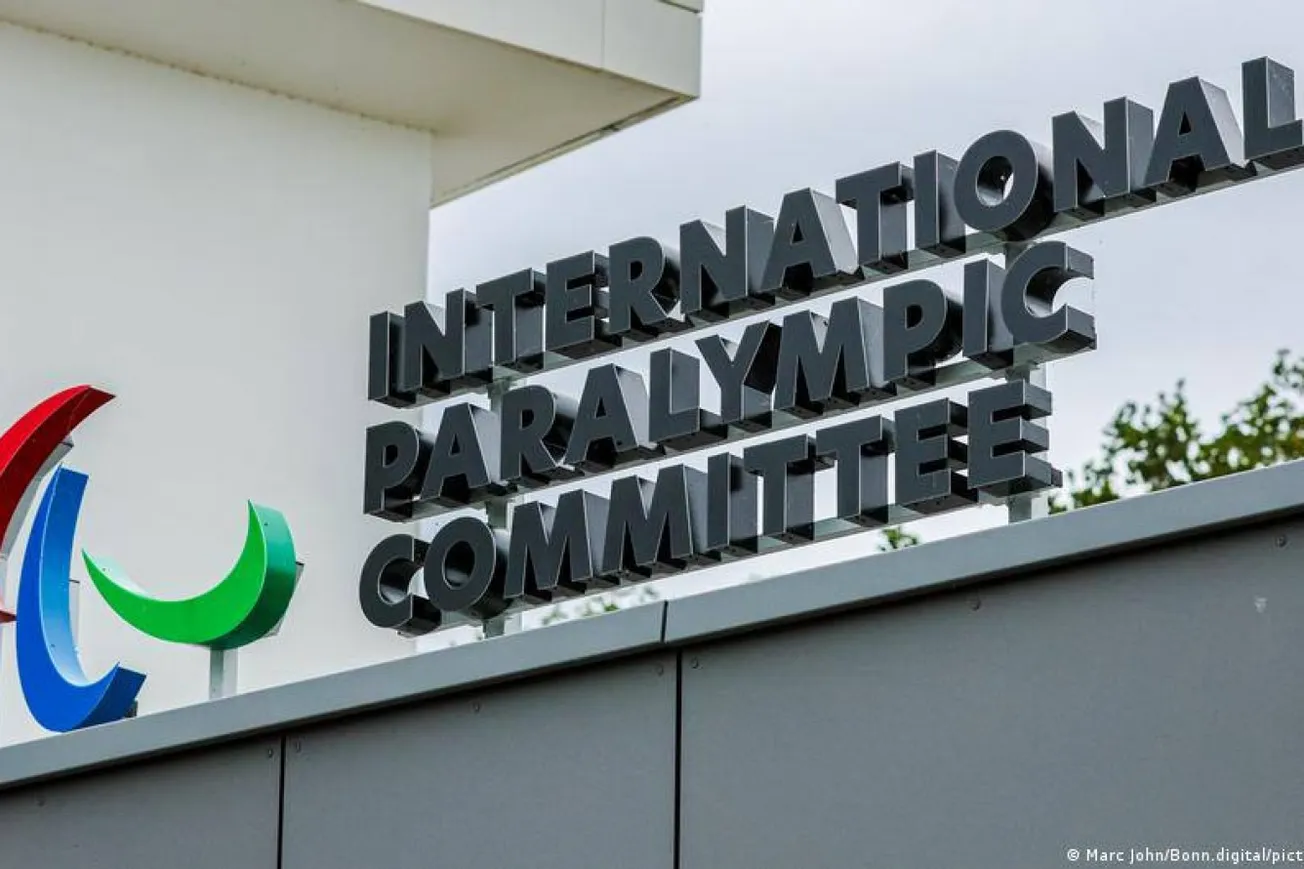Recent TIPP Insights polling shows significant, bi-partisan majorities of Americans expect the 118th Congress to play a more significant role in major national security challenges, notably on funding for Ukraine, energy security, and the People’s Republic of China. These results suggest a general and significant interest in greater Congressional oversight over national security policy than has traditionally been the case. Older and wealthier respondents tended to feel this way most strongly.
President Biden has been trying to frame the results of the 2022 mid-term elections as an indication of general approval of his first two years in office, the new data suggest that, for national security issues at least, this may not be the case, and voters would like to see Congress exerting more influence.
In previous TIPP polling, large numbers of respondents indicated significant concern about issues such as Ukraine, energy, and China. This summer, for example, a survey found broad support both for contributing to Ukraine’s defense against Russia and for Congress to exercise oversight over how this aid is administered.
The current TIPP data suggest this sentiment may be growing, even as President Biden has doubled down on his pledge to do “as much as it takes for as long as it takes” to assist Ukraine.
On the question of whether Congress should play a larger role in directing assistance to Ukraine, Democrats were, somewhat surprisingly, more likely to answer in the affirmative (78%) than either Republicans (64%) or Independents (60%). These numbers suggest that, when President Biden submits future funding requests for Ukraine, he will need to be more forthcoming with a strategy for successfully concluding the war.
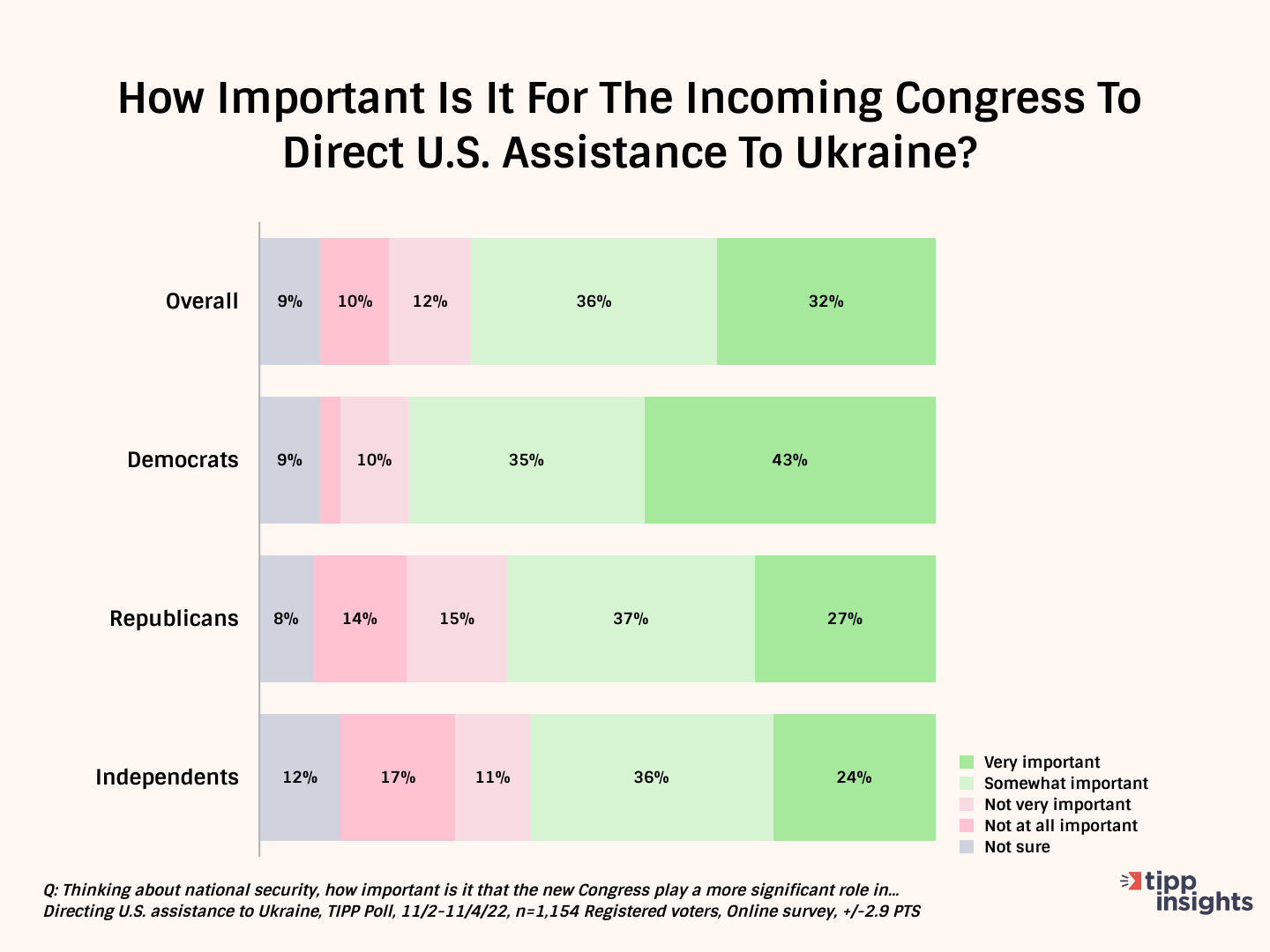
Even larger majorities of all three parties want the new Congress to be more active in ensuring the nation’s energy security. On this question, 88% of Democrats, 87% of Republicans and 86% of Independents answered in the affirmative.
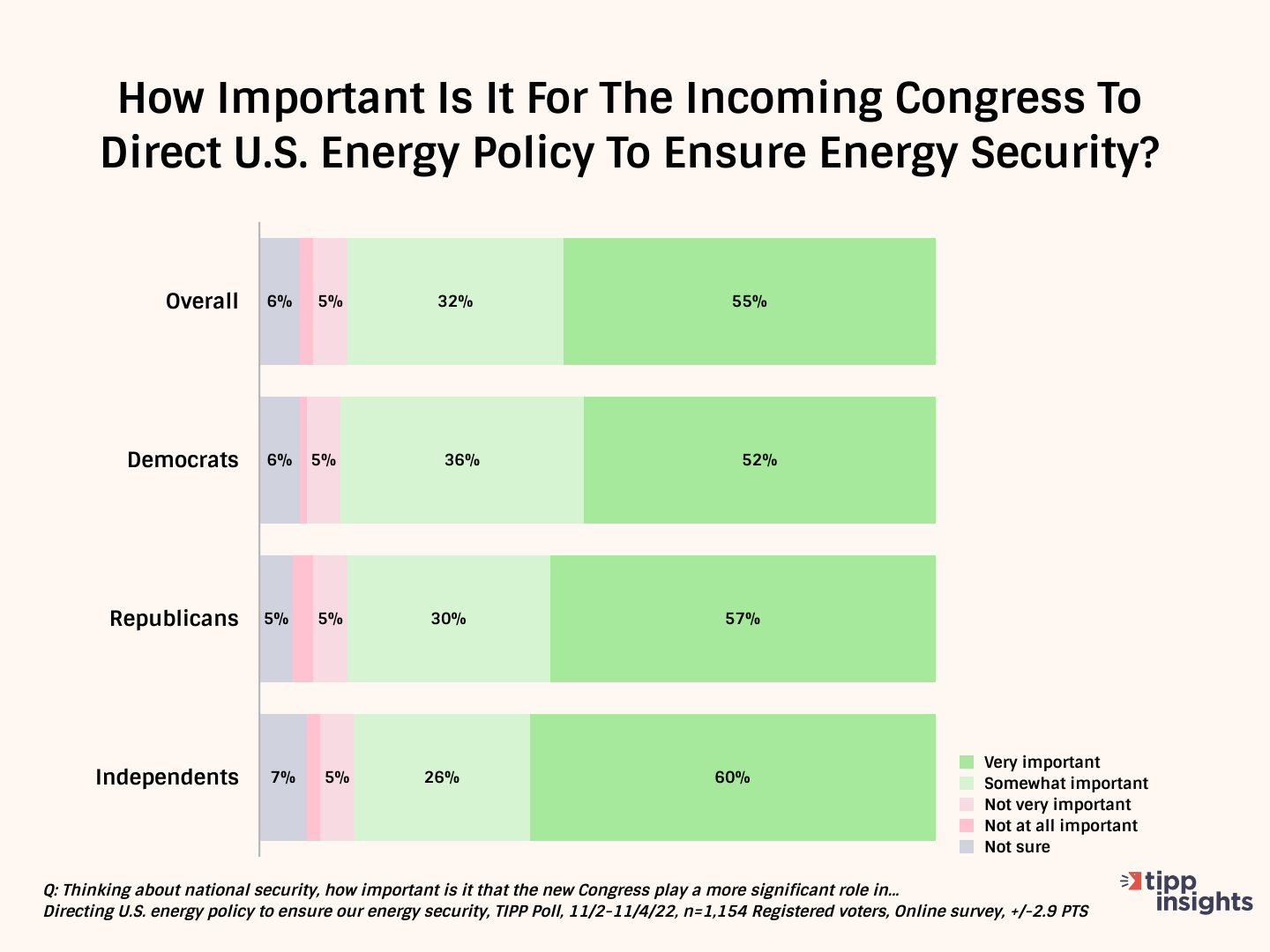
Of course, these responses could be driven by different factors. It would be useful to do follow-up polling to determine the degree to which these responses reflect, for example, concerns over rising energy prices or a desire for greater action on climate issues. If there are indeed divided motivations, these data suggest that both sides are going to have difficulty advancing their energy interests in the next Congress.
There is also wide bipartisan support for Congress getting more involved in countering the threat posed by China; 83% of Republicans, 81% of Democrats and 76% of Independents answered in the affirmative. It is remarkable to see this level of agreement across party lines on any issue, given the increasingly polarized nature of U.S. politics. The data strongly suggests that China has become that most elusive of issues: one that unites the country behind a policy that will largely be consistent regardless of who controls either Congress or 1600 Pennsylvania Avenue. Legislation designed to counter China may be the only non-essential legislation able to move through the new, closely-divided Congress.
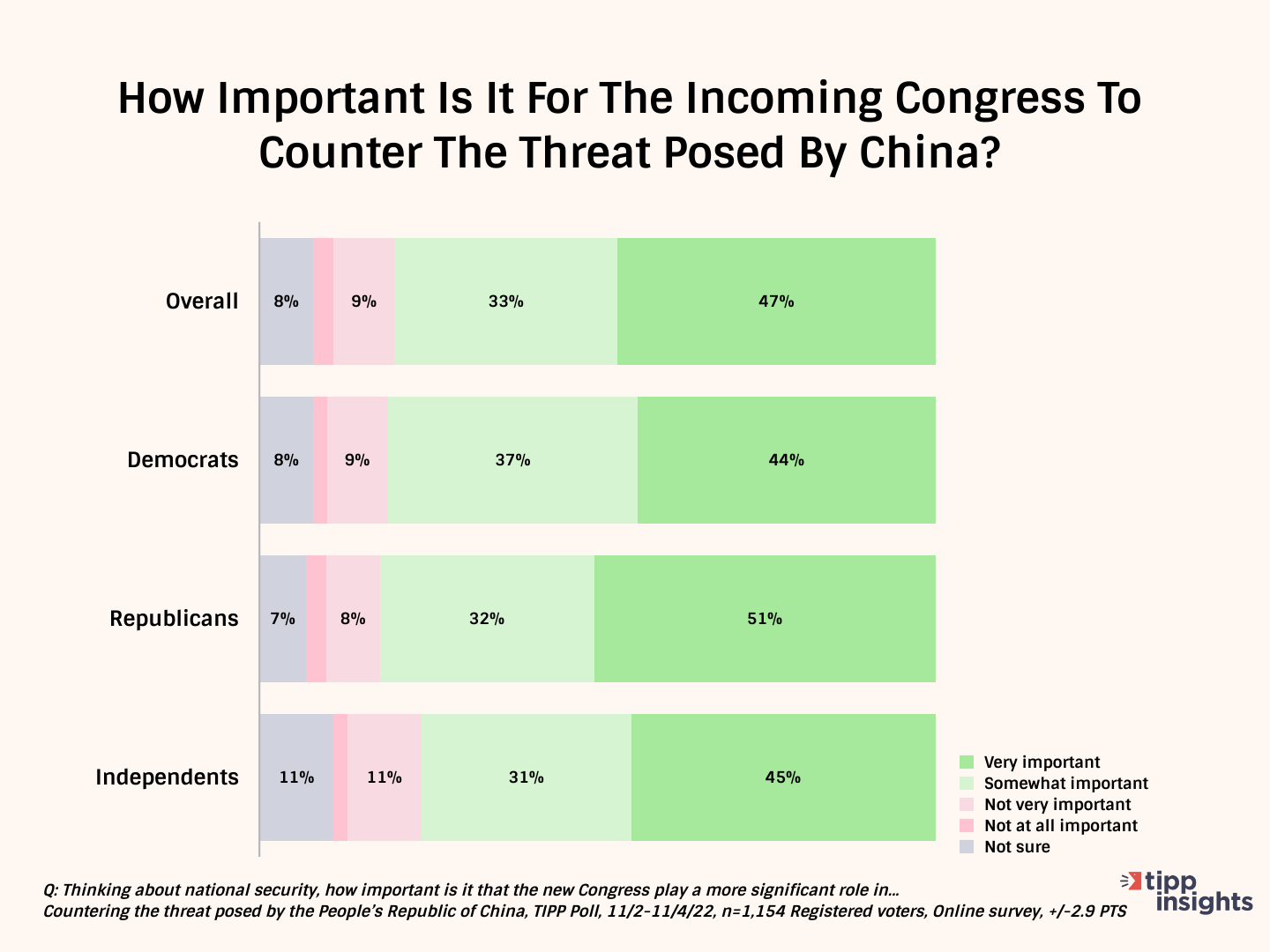
On each of these questions, the proportion of respondents who said they were “not sure” if Congress should assert itself more strongly was quite low: on Ukraine, only 9%; on energy, only 7%; and on China, just 8%. Moreover, there was only a 1-3 point discrepancy between political parties. This indicates that Americans are following these topics closely and are remarkably united in their belief that Congress needs to play a larger role. This, in turn, suggests that they are not satisfied with the leadership on these issues provided by President Biden.
In the next Congress, the House of Representatives will be controlled by Republicans, and the Senate will be held by the Democrats, both by razor slim margins. Despite that, this polling strongly suggests that voters want the 118th Congress to overcome their political differences and play a historically outsized role in protecting national security.
Victoria Coates is a senior research fellow specializing in international affairs and national security at The Heritage Foundation’s Thatcher Center for Freedom.
Link to the original story.
Hey, want to dig deeper? Download data from our store for free!
Please email editor-tippinsights@technometrica.com

